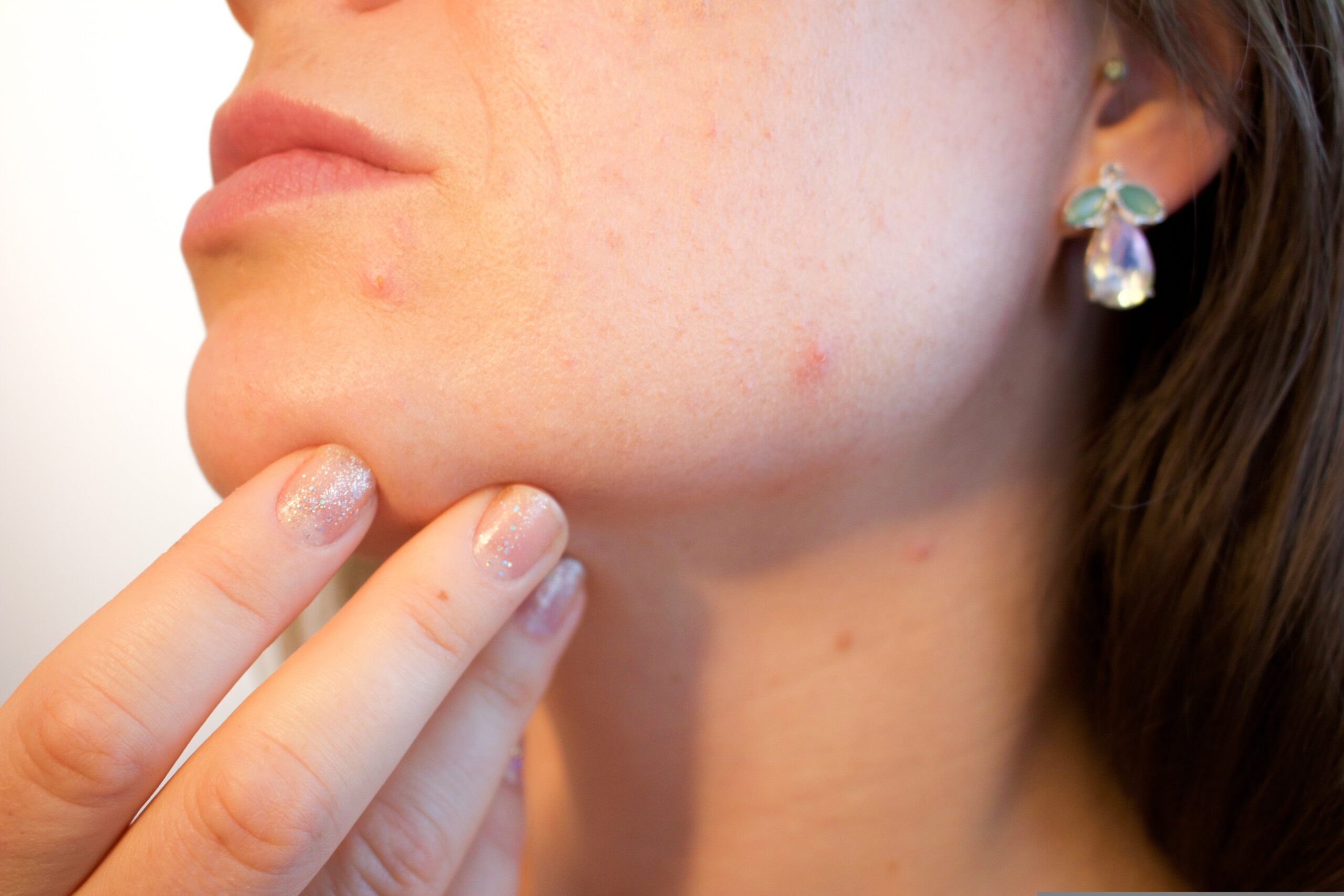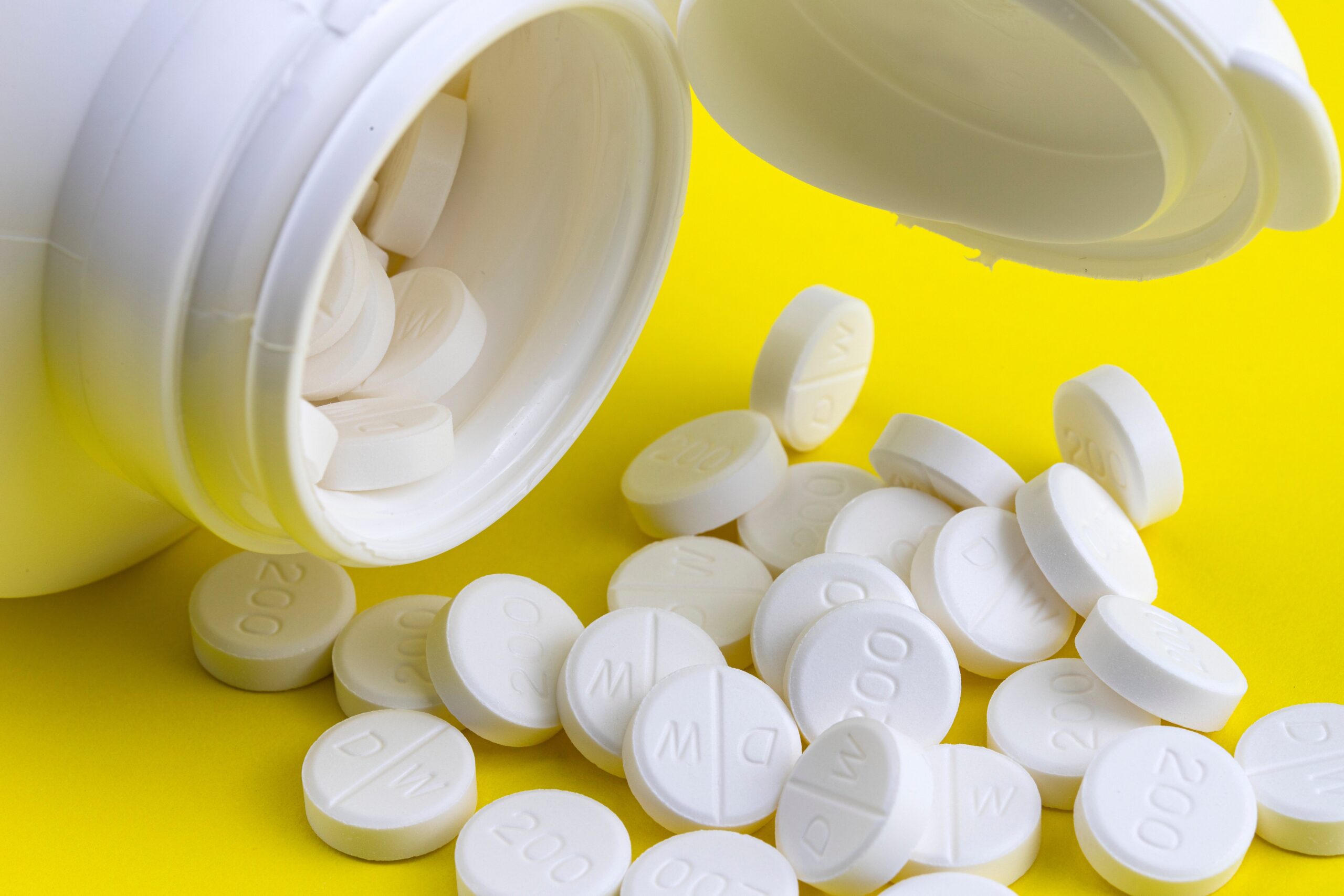Often touching the face can cause dirt and bacteria to travel to the skin, leading to development. Keeping your hands clean and avoiding acne acne can prevent infection and scars. Regularly changing pillowcases and cleaning your make-up brush also reduces bacteria. Remove makeup before going to bed and your skin will breathe overnight to help repair it. A gentle make-up remover or micellar water can effectively clean your skin without irritating. Experts can assess the condition of the skin and prescribe stronger medications or treatments such as oral antibiotics, hormone therapy, isotretinoin-isotretinoin. Processes such as chemical exfoliation, laser therapy, and extraction are also beneficial for certain types of acne. skin. Acne treatment requires time to show results, so patience and perseverance are important. A proper approach can help you achieve effective treatment of acne and maintain healthy skin.
Acne in children can be a stressful problem for both children and parents. Acne is often associated with teenagers, but some younger children can occur due to hormonal fluctuations, genetics, or environmental factors. Understanding how to care for your child will help make acne worse and gentle skin that aggravates and promotes crisp, healthy skin.
Sun Screen ensures that your skin remains protected without developing. Children should wash their faces twice a day with a mild, non-shrinkable detergent to remove dirt, oils and bacteria and can remove natural moisture skin, which leads to increased oil production and potential occurrence. The best approach is to use lukewarm water and gentle sulfate-free detergents that do not irritate the skin. Sensitive skin. Many parents believe that hydration supplies can worsen acne, but jumping out of this step can lead to dehydration and increasing oil. By choosing a lightweight, oil-free, non-comedogenic moisture cream, the skin balance is maintained without blocking pores. Contents such as hyaluronic acid and ceramides ensure moisture and at the same time strengthen the skin barrier. Sun UV rays can cause inflammation, darken the acne trail and increase the sensitivity of the skin, especially when acne treatment is used. Sunscreens with a wide spectrum of SPF 30 or higher should be used daily, even on cloudy days. Simple, uncontracted peeling decisions will help remove dead skin cells and prevent clogging of pores, but need to be cared for. Hard peels can be too abrasive for younger skin, leading to irritation and worsening of acne. Instead, mild chemical skins such as salicylic acid and lactic acid can be inserted at low concentrations. Salicylic acid helps to violate pores and reduce excess oil, but lactic acid gently exfoliates and promotes skin renewal. Peel at least a week or twice to maintain healthy skin compensation. Benzoylperoxide is a wide range of ingredients that place acne causal relationships in bacteria and reduce inflammation. For children with sensitive skin, tea tree oil is a natural alternative to its antibacterial properties. Retinoids derived from Vitamin A help to prevent clogging pores and promote cell sales. When using treatment, it is best to start with a lower concentration and gradually increase as needed, as the child’s skin is more sensitive to teenagers and adults.
Diet and hydration play an important role in skin health. Encouraging a balanced diet rich in fruits, vegetables and lean protein can help support the skin. Drinking large amounts of water helps keep your skin hydrated and remove poison. Limitations on processed foods, excess sugar and dairy products can also help reduce the outbreak. Acne is a common problem among students and affects self-confidence and general wells. Effective treatment for acne requires a consistent skincare routine, a balanced diet and lifestyle adaptation. Understanding proper skin care practices can help students maintain healthy skin and prevent frequent occurrences. Washing your face twice daily with a gentle, non-comedogenic detergent removes any dirt, oils and bacteria that contribute to acne. Hard soap and excessive scrubs should be avoided as they can remove natural oils from the skin. Lukewarm water is perfect for cleaning, as hot water can dry out the skin and worsen acne. Many students faithfully believe that moisturizing creams can help control acne, but this can lead to dryness and increased oil production. Light oil moisture creams with moisturizing ingredients such as hyaluronic acid and ceramides can help develop due to hormonal fluctuations, skin sensitivity and environmental factors. Acne in older people requires a unique approach as skin changes dramatically, thinner, dry, and more susceptible to irritation. By incorporating a proper skin care routine, older people can effectively master acne while maintaining healthy and nourishing skin.
Cleaning is an essential step for any skin care. Aging skin requires gentle and effective cleaning to remove excess oil, dirt and contamination without removing moisture. Mild, non-shrinkable detergents with moisturizing ingredients such as glycerin and ceramids can help clean your skin without irritation. Hard soaps should be avoided as they exacerbate dryness, lead to increased oil production and cause acne peeling. The face can often transmit bacteria and oils, which leads to acne. Elderly people should avoid picking or squeezing acne as it can lead to inflammation and scars. Keep your pillow clean and contact your face regularly, such as glasses or cell phones. If your makeup is worn out, you should thoroughly remove it with a gentle cleanser or Micera water before bedtime. Sleeping with makeup can worsen acne and contribute to further development.



